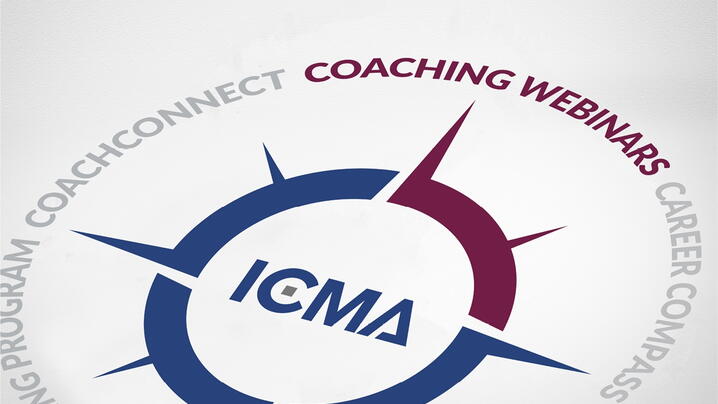ICMA Career Compass 107 – The Business Case for Workplace Belonging

In this digital age, we are more disconnected than ever. A lack of connection hurts organizational effectiveness. Micro-actions can boost workplace relationships and productivity.
By Dr. Frank Benest | May 01, 2024
“Belonging”—I like it. What is it?
Let me define what I mean by “belonging.” Belonging is when you feel that you matter to others; people care about you (not just what you produce); you feel supported; you have a “seat at the table;” and your opinion counts.
In her book Never Enough, Jennifer Wallace defines the closely related concept of “mattering.” Mattering means you are secure in your relationships with others and feel seen, cared for, and understood. People are interested in you and what you have to say; they share your successes and support you when you fail; and they rely on you for help.
Disconnection Hurts Business
“Belonging” may seem like a squishy and difficult-to-define term. Yet there is a very strong business case for all organizations, including local governments, that promoting belonging and work friendships matter. Gallup research indicates that having a “best friend at work” is strongly linked to higher levels of engagement, productivity, adaptability, and retention. (See Jon Clifton, “The Power of Work Friends,” hbr.org, Oct 7, 2022.)
Americans are now more likely to form friendships at work than at any other place, including at school, in their neighborhoods, or at their place of worship. Work friendships promote social connection and support, better communication, and collaboration, especially during times of change. In addition, the quality of relationships ranks first out
of 12 key factors in terms of determining job satisfaction. Unfortunately, only three out of ten employees report that they have a best friend at work. (See Jon Clifton, “The Power of Work Friends,” hbr.org, Oct 7, 2022.)